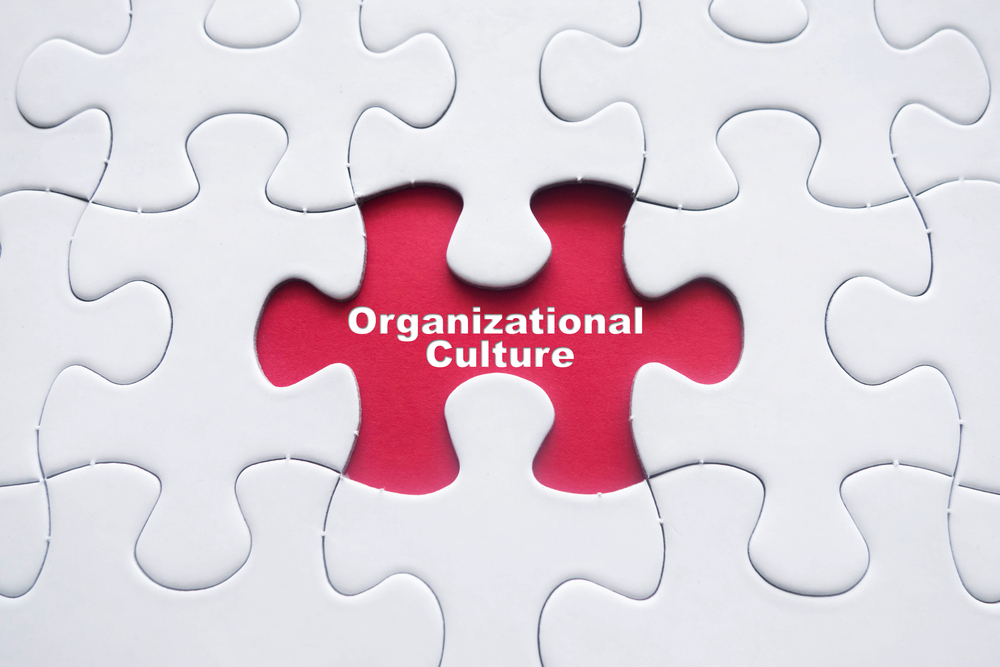In this digital age, the human-machine interface is indispensable for future organizational success. The pandemic has also prompted many new reforms, like the introduction of sophisticated digital tools and technology. However, a company’s focus is frequently technological, with little attention paid to Digitalization’s human and cultural aspects.
A thorough look at businesses undergoing digital transformation indicates that people and culture aspects receive significantly less attention than the systems and technology that underpin the transformation. Companies cannot accomplish a positive employee experience only through a monthly paycheck. Building and facilitating a digital culture at every step of the employment lifecycle to improve employee experience is vital. Employees are the company’s most valuable asset, and any transformation, whether digital or otherwise, should always begin with the employees’ culture.
The need for a positive employee experience
The way businesses function and build value is fast changing as a result of digitalization. The rise of technology-driven business models, on the other hand, is forcing existing companies to rethink and reinvent themselves.
According to a 2017 McKinsey report, corporate culture gaps are one of the most critical hurdles to accomplishing digital transformation goals. Risk aversion, poor customer-centricity, and siloed corporate divisions and operations mindsets were all critical cultural components. To stay competitive, most organizations fail to bridge the gap between knowing what is required and doing what is necessary to connect developing technologies with new processes and capabilities. This puts the organization’s operational strategy and the talent it recruits and keeps in jeopardy.
“Companies are going through a digital transformation, and a big part of digital transformation is how you transform your workforce—the biggest asset most companies have,” says Shankar Iyer, senior vice president and general manager of VMware End-User Computing (EUC).
Working towards improving employee experience
According to a 2018 research conducted by Tata Communications in partnership with Prof. Goldberg of UC Berkeley, AI can improve collective intelligence and intellectual variety, allowing human workers to think more creatively and efficiently.
Cognitive diversity—differences in how we perceive, understand, reason, and solve problems—is vital in humans; the more different the individuals, the more significant the potential to uncover new ideas and techniques. As a result, digitization would not be able to replace human intervention altogether. Instead, humans would need to interface more effectively
with AI to produce new solutions since critical thinking talents, and the need to master and fully exploit technology would now be more in demand.
The fear of failure
Fear of failure is one of the significant cultural barriers to digitalization. Employees sometimes find it challenging to let rid of practices that have helped them succeed in the past because they are focused on and worried about how they are measured. Because there is little incentive to adapt and embrace new functioning methods, reward systems that emphasize individual objectives may become barriers to relinquishing control.
While CEOs are under pressure to initiate transformation initiatives, such as deploying new and more sophisticated technologies under tight budgets, they recognize that leading digital transformation requires them to look beyond technical prowess to create a robust and agile culture and organization. Organizations and leaders must make strenuous efforts in their communications to promote learning and prepare people for the future.
Learn more at the Digital Transformation Summit UAE
Event organized by Exito Media Concepts














